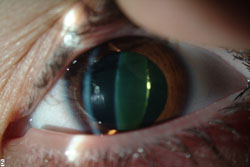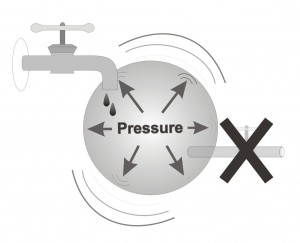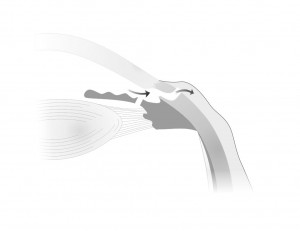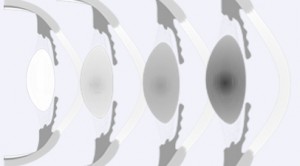Many patients who suffer from mild to moderate cataracts, or who already underwent cataract surgery in one eye, inquire if there is a way to prevent the worsening of a cataract as well as prevention of cataract surgery?
They ask: is there something that we are doing, without intending to, which is exacerbating the situation and causing the cataract to develop at a faster pace?
My answer is: No. A normal lifestyle (and even one which deviates from normal) does not cause a cataract or accelerate the rate at which it develops. There are those who claim that spending long amounts of time in the sun, without the protection of sunglasses, is liable (over many years) to slightly hasten the development of a cataract. There are those who maintain that taking vitamins can slow the rate of deterioration of a cataract. In my humble opinion, these two factors are relatively insignificant and most likely do not appreciably affect the rate of development of a cataract. A cataract generally appears “naturally” with age, and is not the result of damage that a person brings upon himself.
My advice is to lead a regular life, but at the same time undergo regular exams by an ophthalmologist. For people over the age of 60 it is recommended to have an exam approximately once a year. If necessary, and according to what extent the cataract affects daily life, the doctor and patient will decide together: if, and when, would be the most appropriate timing schedule cataract surgery.
It is important to note that it is not because of concern about the development of cataracts, but rather for many other important reasons, that we doctors recommend refraining from smoking, excessive drinking, obesity, and lack of physical activity. All of these represent the main ways that people can adversely affect their health.
Many people ask me questions such as: Why did a cataract develop in my eyes? Why does cataract occur in different people at different ages? Why are two eyes affected in some people and only one in others?” The answers to these questions are not yet known, but it appears that they are related to a mixture of both environmental and genetic factors.




